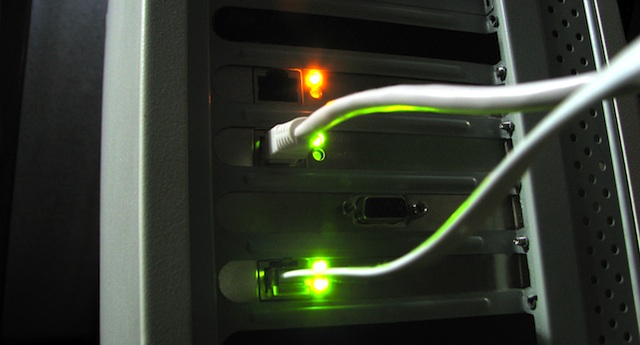As one does on a weekend, I’m working my way through the 2016 Cisco Security Report.
There are plenty of insights on online security trends which I’ll cover in tomorrow’s blog post but one aspect that sticks out in the report is the case study on the Angler Exploit which takes advantage of hacked domain registrar accounts to create new domain names to serve phishing pages, ransomware sites and malicious advertisements.
Dealing with these sites is a major problem for network administrators and Cisco claims many of the domains registered haven’t yet been used by online criminals.
The Angler exploit shows just how complex internet security has become. The issue of trust is a complex thing and certainly no-one can trust every domain we see. That there are thousands of ‘disposable’ domains available to scammers only makes things more difficult for the average user.




